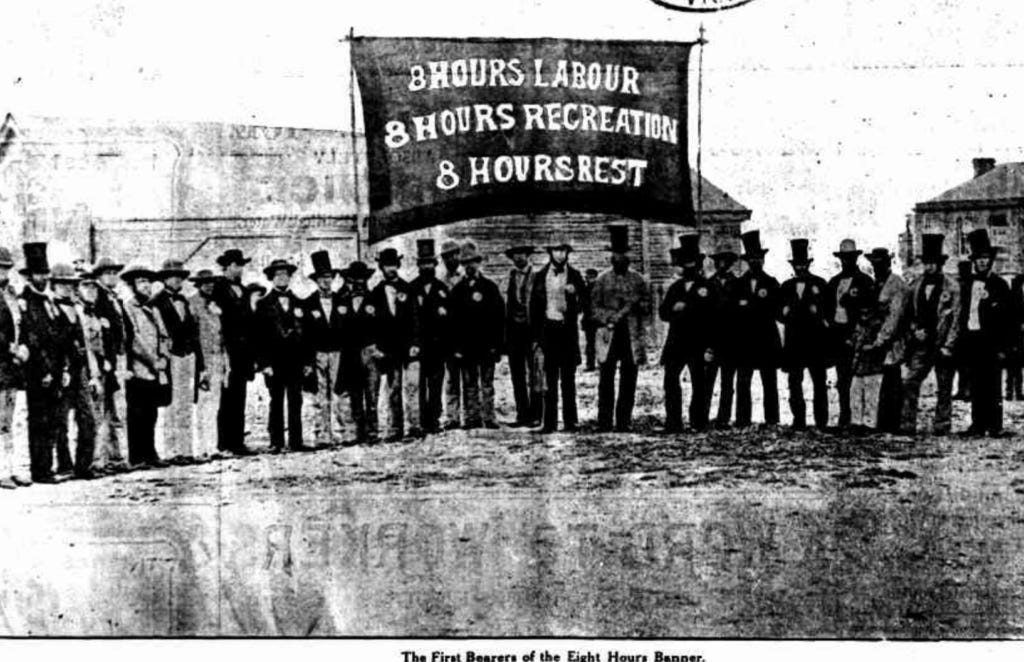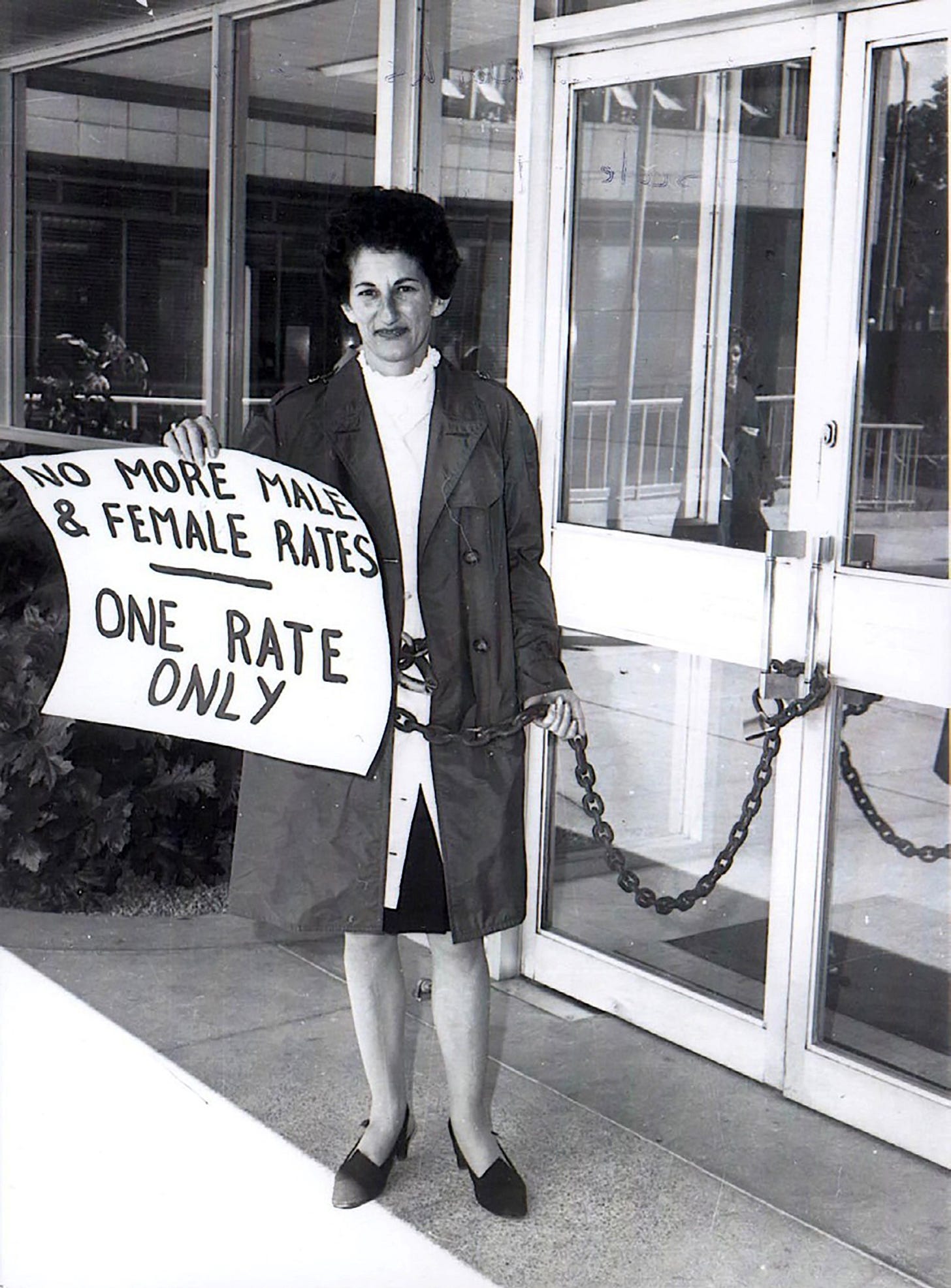Exciting news!
For the last couple of years I have been working on my new book, No Power Greater: A History of Union Action in Australia.
Melbourne Uni Publishing have confirmed that it will be released for sale on 1 May 2025 – May Day!
The book will be available for bulk orders from November. If you belong to an institution that would be interested in buying multiple copies for a big discount get in touch and I will pass on further details: liam.byrne@unimelb.edu.au
No Power Greater gets to the heart of what it means to be a unionist. It looks at over two centuries worth of struggle and activism to make two fundamental arguments about the nature of the union movement.
The first, is that unions have pursued a humanising mission.
For generations, working people have come together and taken action through their unions to assert their fundamental humanity against the dehumanisation of the untrammelled labour market.
This is what has motivated unions to campaign for and win fundamental rights and improvements in conditions through collective bargaining. It has also inspired union campaigns advocating for epochal social protections inscribed in legislation.
Workers are not just machines, or numbers, or commodities, but human beings, whose fundamental humanity needs to be protected through economic rights.
The second argument is that unions are not just institutions, but emotional communities.
Unions are the organisations that workers create when we come together to protect our interests. Unions are the product of emotional connection, a sense of shared identity forged through struggle, and bound by solidarity.
This emotional element is why unions have not just been founded by workers, but sustained and passed down by each successive generation.
Though history the emotional community of unionism was defined by who was included in that community – but also by who was excluded.
The first unions were founded by skilled white and male workers in a colonial society. They reflected the interests of these workers, and perpetuated the ideologies of that time. Women workers, Aboriginal and Torres Strait Islander workers, migrant and CALD workers, were excluded from the movement and its emotional community. This sexism and racism is also part of union history, and the book confronts this legacy.
But these excluded communities were not passive victims.
No Power Greater extensively charts how women workers, Aboriginal and Torres Strait Islander workers, migrant and CALD workers, and those whom we would now call LGBTIQA+/Queer workers established their own traditions of collective action.
Through their own agency, these workers fought for an won their own place within the emotional community of unionism. While the journey to make unionism as inclusive as possible continues, the significant advances made have been the direct result of the struggles and actions of these excluded communities themselves.
Their story is an essential part of the union story – and No Power Greater is dedicated to chronicling this essential aspect of unionism.
Above all, the book demonstrates how essential unions have been to Australian history and the forging of Australian democracy.
This is particularly important today.
In recent decades, the fabric of our society has been stretched and strained by growing inequality and atomisation. This has been driven by the interests of the wealthiest and most powerful businesses, and ruthlessly pursued by coalition governments determined to undermine the collective voice of workers.
Attacks on unions has made our country less equal and damaged our society.
Democracy only works when people have a stake in the system. Attacks on unions have been an attack on egalitarianism and the fair go.
Now, in a time of growing inequality, rapid technological change, and looming climate catastrophe, it is imperative that we have a strong and vibrant union movement. Part of that is capturing and sharing the true history of unionism in all its complexity – especially the fundamental reality that Australia is a fairer and more decent place because workers have come together, through their unions, and taken action to win fundamental rights that asserts our essential humanity.
There is a bit of a wait until No Power Greater will be on bookshelves – but if you want to get in early you can preorder your copy now at this link.






